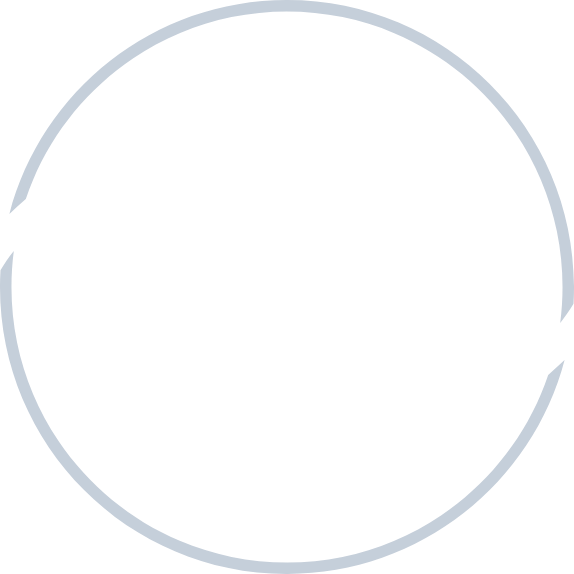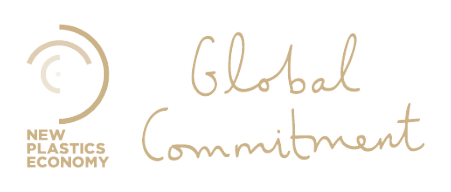



While the vast majority of virgin plastics are still created from fossil fuels, our technology derives virgin‑quality monomers from would-be waste.
It’s accelerating our path towards a decarbonized, circular economy for all.


An independent Life Cycle Assessment on PET production was conducted comparing Loop’s technology to virgin PET produced from fossil fuels. When compared with virgin PET, the assessment noted that Loop’s PET resin shows environmental benefits that make it a solution that’s kinder to the planet:
80%
Up to 80% less global warming potential (GHG)2
91%
Up to 91% less Primary Energy Demand (Non-Renewable)2
By leveraging Loop’s low-energy technology, a 70,000 metric tonne Infinite Loop™ facility could save up to 418,600 metric tonnes of CO2, compared to virgin PET1
These savings are equivalent to:
1,722,960,099 KM
Driven by an average passenger vehicle
178,302,392
Liters of gasoline consumed
969,147
Barrels of oil consumed
54,589
Home’s energy use for one year
1 CO2 savings are compared to the production of virgin PET made from fossil fuels and the avoided incineration of waste used as a feedstock.
2 Without accounting for the avoided waste disposal
At Loop, we’re committed to technology that future proofs the plastic manufacturing space for generations to come — and enables our partners to reach sustainability goals deemed necessary by global coalitions.

Launched in 2018 in partnership with UNEP, the New Plastics Economy Global Commitment now unites more than 500 organizations, representing more than 20% of all plastic packaging produced globally, behind a common vision and ambitious 2025 targets towards a circular economy for plastics.” — Ellen MacArthur Foundation
Loop Industries is a proud signatory of the Ellen MacArthur Foundation’s New Plastics Economy Global Commitment since 2018, and is committed to increase the available supply of PET plastic and polyester fiber made from 100% recycled content for use by consumer goods companies by 2025. By helping divert low and no-value waste PET and polyester fiber from landfills, incineration and natural areas, our technology is aligned with the Ellen MacArthur Foundation’s goal to build a sustainable, circular plastics economy.
The achievement of this objective is supported by the development of Infinite Loop™ commercial PET manufacturing facilities, which will combine Loop’s proprietary depolymerization technology with existing polymerization know-how, for a fully integrated recycled PET manufacturing solution. Loop Industries is focused on the development of Infinite Loop™ facility projects in North America, Europe and Asia. In addition, Loop and Indorama Ventures remain focused on the retrofit of Indorama Ventures’ existing facilities in Spartanburg South Carolina. This facility is being engineered to for a capacity of 40,000 metric tons of sustainable, Loop™ PET resin made from 100% recycled PET plastic and polyester fiber.
Loop Industries also continues to deliver on its commitment to innovation through the conversion of its pilot plant into a demonstration and training facility, as well as continuous improvement at its research and development center, both located in Terrebonne, Quebec, Canada.
As a signatory member of the New Plastics Economy Global Commitment, Loop looks forward to driving change and helping achieve a truly circular plastics economy.
Loop’s technology is helping consumer brands achieve and surpass goals set by the United Nations for sustainable development. We foster: